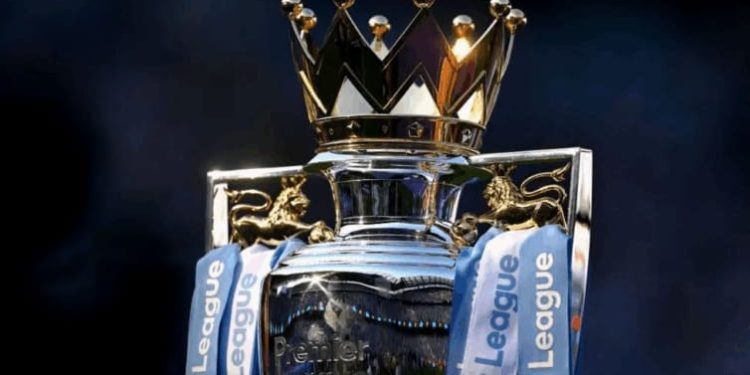MPs Vote to Establish Independent Regulator for Men’s Football in England
In a landmark decision, Members of Parliament (MPs) have voted overwhelmingly in favor of the Football Governance Bill, paving the way for the establishment of an independent regulator to oversee the men’s game across England’s top five divisions. The bill passed with a vote of 415 to 98 during its third reading in the House of Commons and is now set to become law.
This groundbreaking legislation will empower a body independent of both the government and football authorities, aimed at ensuring the financial sustainability of football clubs. Culture Secretary Lisa Nandy expressed her pride in the outcome, stating, “I am proud to be part of the winning team that has put our fans back on the pitch at the heart of the game, where they belong.”
Originally introduced by the Conservative government in March 2024, the bill struggled to gain traction before a general election was called. The new Labour government reintroduced it in July 2024, emphasizing the need for reform in the sport. Nandy addressed fans ahead of the vote, highlighting the importance of their role in football: “For too long, you have been treated as an afterthought… This is for Macclesfield, for Wigan, for Bury, and many more.”
While the vote for the independent regulator was celebrated, MPs rejected a proposal from the Liberal Democrats to make at least 10 Premier League games available on free-to-air television each season. This proposal would have included the League Cup final and the playoff finals for the Championship, League One, and League Two. Sports Minister Stephanie Peacock defended the current broadcasting arrangements, stating that they strike a balance between public access and revenue generation for sports.
The Liberal Democrats expressed disappointment over the outcome, noting that fans would face an estimated £660 annual cost to watch every available Premier League game live next season. Additionally, MPs voted against a Conservative amendment to consult on lifting the long-standing ban on alcohol in football stands, a measure introduced in 1985 to combat hooliganism.
Despite these setbacks, the passage of the Football Governance Bill has been hailed as a significant step forward. Football campaign group Fair Game described it as a “victory for fairness, sustainability, and the future of football.”
As the new independent regulator prepares to take shape, the football community looks forward to a future where clubs are held accountable and fans are prioritized, ensuring the integrity and sustainability of the sport for years to come.








